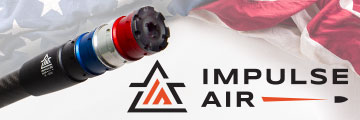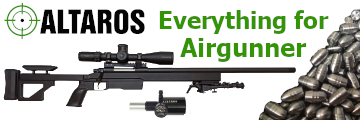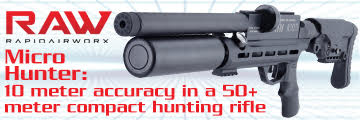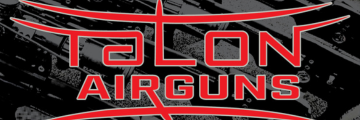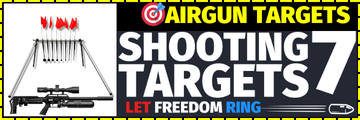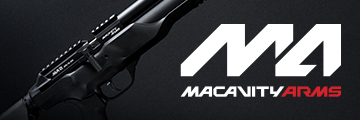PCP Rifle WTS Talon Tunes - Airgun Technology AGT AAA Vulcan 3
- By rj.psenica
- Member Classifieds
- 0 Replies
Like New and will come with everything as from the factory.
.30 caliber with 700mm barrel and 580cc bottle




Retail Prices
TT Vulcan 3 $2195
Magpul PRS Buttstock Pad $19
Cheek Riser & Upgraded Mag Covers (to accept larger slugs) $55 & $20 respectively
Fox 600 Series Moderator $265
Total Invested: $2554
my target price: $1550
Rifle was purchased in September 2024 and has less than 200 rounds through it and has been well cared for. If your not familiar with this rifle it is a Vulcan 3 that is power tuned by Talon Tunes to turn it into a Vulcan 3 HP and then mounted into their tactical chassis. It has insane BEAST power and vaporizes squirrels and chipmunks with hollow point slugs at 80yds. I purchased the cheek riser and mag covers from a gentleman in the UK who does awesome quality 3d printing of mods for the AGT rifles.
I have other items such as FFP optics, night vision, bottles, other LDC's, & bipods that we can bundle to build you a complete package.
your welcome to call/text me at 847.715.6944 if you have any additional questions
A couple of important notes:
- I love to negotiate and respect that everyone wants to be cost effective. I have priced the rifle at 40% off retail to accommodate fairness. I can't and won't give the rifle away.
- TRADES: I always like to entertain trades for other things. I'm not really interested in ANYTHING that is less than .25 caliber & please reciprocate the understanding that we cannot expect full retail value of our items while expecting the other person to discount their item.
- SHIPPING: I don't cover shipping and you are actually better served creating a Pirateship.com account so you have complete control over how the item is shipped. This also ensures that if something happens in transit YOU get the claim reimbursed to YOU. I was a UPSer for 17yrs so you can rest assured the rifle will be packaged properly.
- PAYMENT: I can do PayPal either F&F or you cover the PayPal fee's. I can also do Zelle, check. or cash if you close enough to McHenry Illinois and want to pick up. I'm not in a hurry so you can choose the method that best suites you.
.30 caliber with 700mm barrel and 580cc bottle
Retail Prices
TT Vulcan 3 $2195
Magpul PRS Buttstock Pad $19
Cheek Riser & Upgraded Mag Covers (to accept larger slugs) $55 & $20 respectively
Fox 600 Series Moderator $265
Total Invested: $2554
my target price: $1550
Rifle was purchased in September 2024 and has less than 200 rounds through it and has been well cared for. If your not familiar with this rifle it is a Vulcan 3 that is power tuned by Talon Tunes to turn it into a Vulcan 3 HP and then mounted into their tactical chassis. It has insane BEAST power and vaporizes squirrels and chipmunks with hollow point slugs at 80yds. I purchased the cheek riser and mag covers from a gentleman in the UK who does awesome quality 3d printing of mods for the AGT rifles.
I have other items such as FFP optics, night vision, bottles, other LDC's, & bipods that we can bundle to build you a complete package.
your welcome to call/text me at 847.715.6944 if you have any additional questions
A couple of important notes:
- I love to negotiate and respect that everyone wants to be cost effective. I have priced the rifle at 40% off retail to accommodate fairness. I can't and won't give the rifle away.
- TRADES: I always like to entertain trades for other things. I'm not really interested in ANYTHING that is less than .25 caliber & please reciprocate the understanding that we cannot expect full retail value of our items while expecting the other person to discount their item.
- SHIPPING: I don't cover shipping and you are actually better served creating a Pirateship.com account so you have complete control over how the item is shipped. This also ensures that if something happens in transit YOU get the claim reimbursed to YOU. I was a UPSer for 17yrs so you can rest assured the rifle will be packaged properly.
- PAYMENT: I can do PayPal either F&F or you cover the PayPal fee's. I can also do Zelle, check. or cash if you close enough to McHenry Illinois and want to pick up. I'm not in a hurry so you can choose the method that best suites you.























